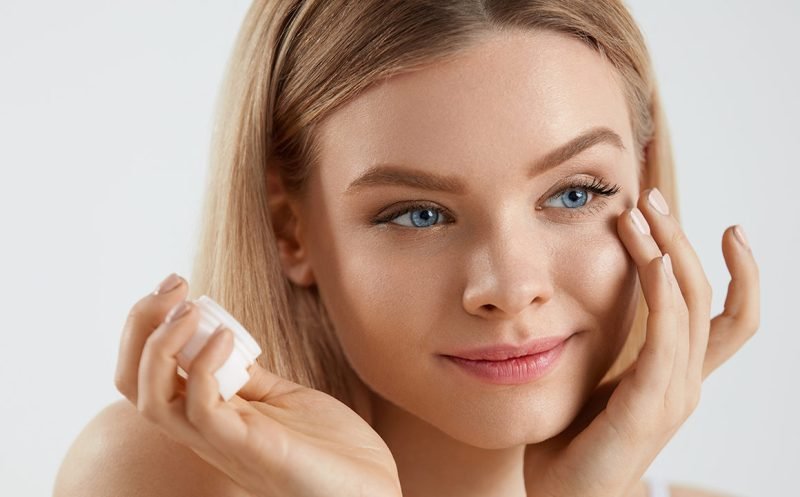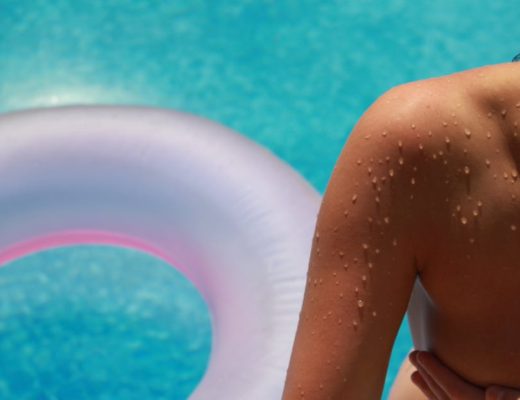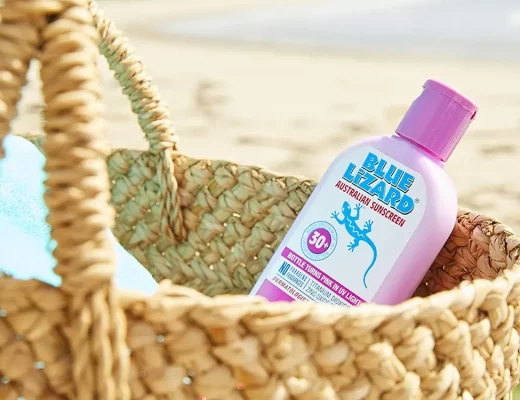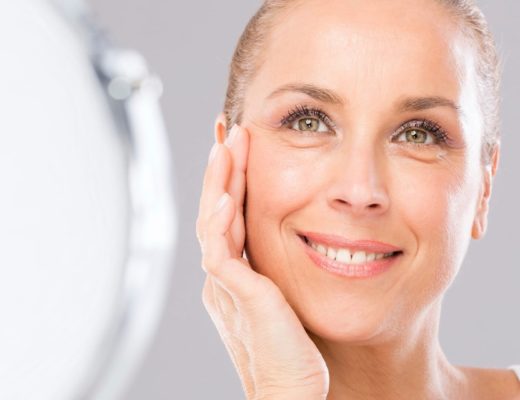Acne is one of the most common skin conditions you can think of. Around 85% of teens have acne, and around 50% of adults report acne at some point of their life. Unfortunately, there are several types of acne that all require different treatment plans, which can make it hard to choose how to treat it. Treatments can also depend on your specific case, like if your skin is sensitive, if you have severe acne, if you’re an adult, or if you have other skin concerns. That’s why the first to step to treat acne is to know what type of acne you have, how can you treat it and also get some advice from a dermatologist.
What is acne and why do I have it?
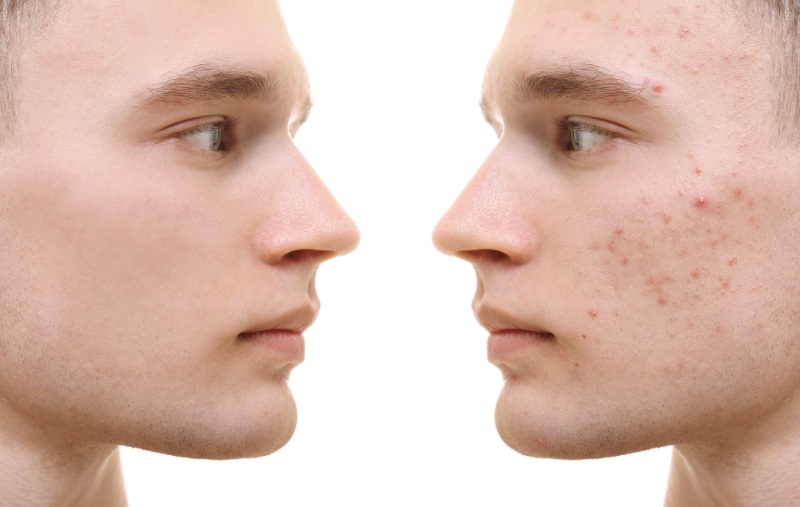
Acne is a skin disease often presenting with pimples. As BeautyBlog puts it. this is caused by inflammation of the oil glands, often caused by clogged pores. This can turn into pimples of even nodules. Acne can also appear in the form of blackheads and whiteheads too. Those are not painful inflammations but can still be bothersome and persistent.
Acne can have as many causes you can think of. Actually, scientists can pinpoint the causes fully. But some common causes of acne include:
- Hormones they can play a part especially in teenagers or pregnant women. Changes in hormone levels can cause excessive oil production which can turn into acne.
- Bacteria: excess bacteria on the skin can cause inflammation and result in painful pimples.
- Certain medications: Medications such as contraceptives or steroids might also cause acne.
Types of acne and how to treat it
Cystic Acne
Cystic acne is one of the more severe forms of acne. It involves large red pimples that are often painful or even itch. Not only that but cysts can also appear in the same place even after they’re gone. Cysts are rooted deep within the skin and can be especially hard to get rid of. Unfortunately, drug-store products probably won’t have any effect either. Cystic acne requires a lot of effort and most likely treatment prescribed by a doctor.
How to treat cystic acne
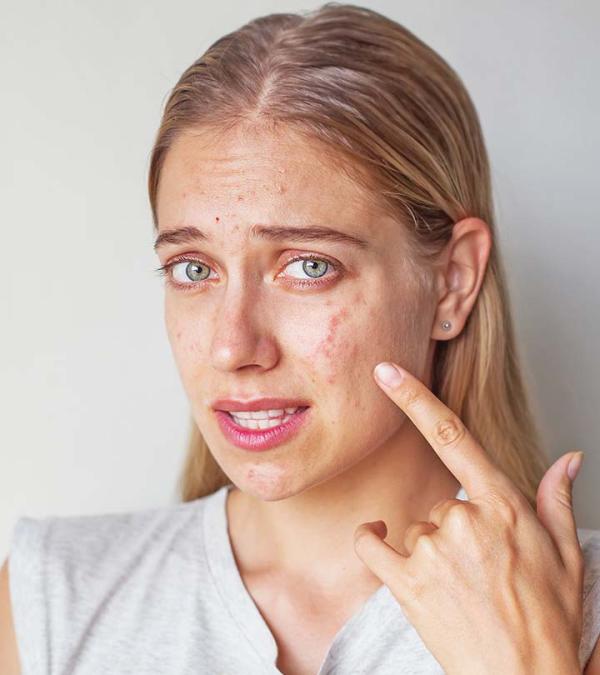
I would suggest going to a dermatologist’s office. They can examine your skin and suggest a treatment plan tailored to your specific needs and issues. Most of the times, acne treatment in Singapore for cystic acne include antibiotics (taken orally or applied to the skin), topical medications, cortisone injections and others.
Papules
Papules are another common form of acne. Papules are small red pimples with no pus. Technically, papules can have pus but when they accumulate it, they’re called pustules. This happens with most papules. Much like other forms of acne they are caused by bacteria or excess oil production.
You can treat papules with drug-store creams and cleansers containing salicylic acid or benzoyl peroxide. You can also try prescription strong ointments such as retinoids or antibiotic topical medications.
Nodular Acne
Nodular, much like cystic acne is rooted deep within the skin. Nodular and cystic acne can look and behave in a similar way but they are different. One of the biggest difference in both is that, unlike cysts, nodules are not filled with pus. Nodular acne can be persistent and really hard to get rid of.
That’s why when we talk about ways to treat nodular acne, we say that turning to a professional doctor for advice is the best thing you can do. Unfortunately, drug-store products won’t work for nodular acne. Your doctor will prescribe topical medications with strong ingredients such as antibiotics, prescription-strength benzoyl peroxide or salicylic acid as well as retinoids.
Whiteheads
Whiteheads are a form of non-inflammatory acne. They are formed when oil and dead skin cells clog your pores. This results in small white pimples on the surface of the skin. Whiteheads are relatively easy to treat even at home. According to advice from dermatologists you can treat white heads with common ingredients such as salicylic acid. It’s an ingredient used in almost every acne-treating skin care. Treating whiteheads won’t happen overnight though – if you use drug store creams it will most likely take a few weeks to get rid of them.
Black heads
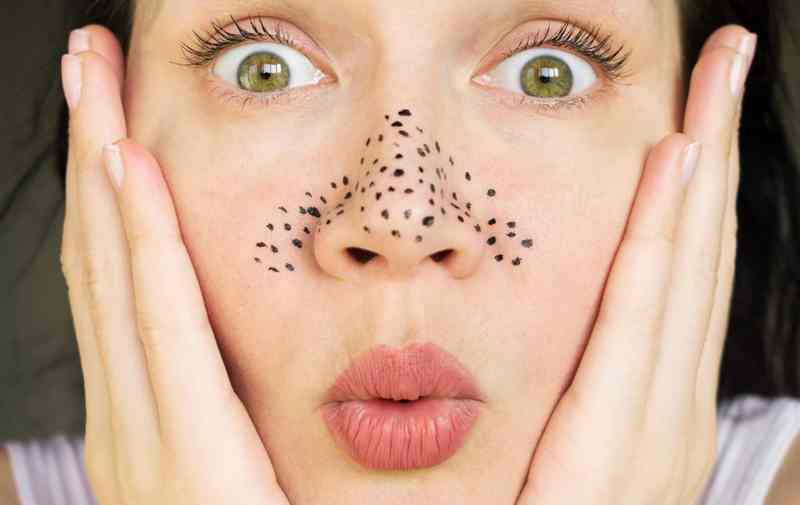
Blackheads are another type of non-inflammatory acne. They are caused by clogged pores but unlike pimples or whiteheads, where the plug clogging your pores get stuck, with blackheads, it gets pushed toward the skin. It then turns black once it comes into contact with air.
Black heads can be treated both at home or at your dermatologist’s office. For at-home treatments you can try mild exfoliation with salicylic acid or other AHA/BHA toners. At your dermatologist office you’ll likely get stronger solution of chemical exfoliation. This will speed up the rejuvenate of your skin and remove dead skin cells.
How do I know if my acne is severe?
It’s a good idea to consults a dermatologist in case you feel like your acne is not getting better with at-home treatments or if you feel like it affects your life in any way. There are some other ways to know that your acne is severe:
- You have a lot of pimples on your face and body
- You have a lot of redness
- Your pimples are deep and painful
- You have acne scars
- Drugstore products didn’t help
Conclusion
We all know how frustrating dealing with acne can be. It makes you self-conscious, and hyper focused on your imperfections. But if you think that your acne is getting in your way of life, maybe consider going to a dermatologist that can help you. You don’t have to put up with acne or spend tons of money on creams that may or may not work. If you have any doubts, don’t hesitate to consult a dermatologist that will find treatment suitable for your unique needs.

